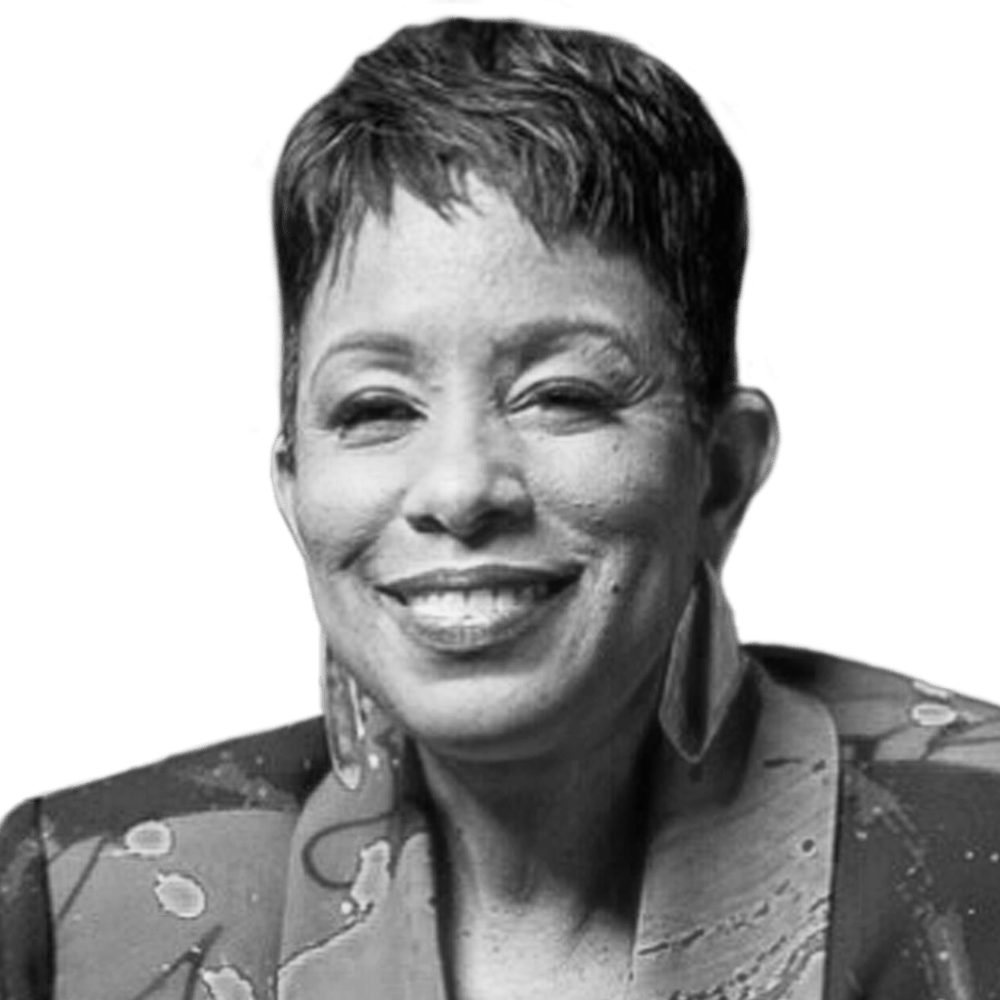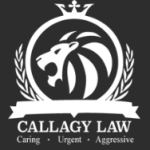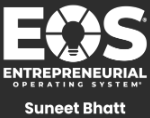The story behind Kimberly Reed’s work is not one that begins in boardrooms—it begins generations earlier, in a painful chapter of American history. As founder and diversity, equality, inclusion and belonging advisor of Reed Development Group, Reed draws upon legacy, resilience and an unshakable commitment to justice to lead one of the country’s most respected DEIB consultancies.
Her grandfather, Emmanuel Reed, was murdered by white supremacists in Monroe, Louisiana, for defying a discriminatory request. Her grandmother, pregnant and determined, fled North in search of safety for her family. Nearly a century later, their strength lives on in Reed’s mission to dismantle the very systems that once tried to silence them. Her work is a continuation of that journey—a response born not from theory, but from truth.
Reed didn’t set out to follow a trend; she set out to change a culture. Her firm partners with c-suites, boards and institutions across industries, embedding DEIB into the fabric of business strategy. With more than 75 organizations impacted and over 25,000 professionals trained, Reed Development Group transforms workplaces not through checklists but through strategic redesign. Clients have reported double-digit improvements in inclusive engagement, cultural recognition from national platforms and sustained performance linked directly to equitable practices.
The recognition of Reed as a Titan 100 Honoree stems not only from her reach, but from her roots. She leads with transparency and speaks with authority sharpened by lived experience. When she faced a diagnosis of stage IV cancer, she didn’t pause her purpose—she expanded it. Reed continued to advocate, mentor and serve, using her journey as both testimony and toolkit for others in their hardest moments. The award she holds most dearly, the 2022 hope award from the American Cancer Society, symbolizes not just survival but her vow to turn pain into power.
Her vision for Reed Development Group’s next five years includes global expansion, a digital-first executive learning platform, and new research initiatives to anchor DEIB in data and impact. She also plans to launch a legacy initiative honoring her family’s story and creating future pathways to equity and healing. Every step of that vision is built around one truth: equity must be a strategy, not a slogan.
What makes Reed exceptional is her dual fluency—she moves comfortably between Fortune 500 boardrooms and community clinics, delivering insight with equal clarity and care. Her influence reaches from Nasdaq governance circles to Rocky Steps in Philadelphia, where she climbs annually with Legacy of Hope to raise funds for cancer patients in need.
Her professional accolades are many—global keynote stages, bestselling authorship, cultural influencer lists—but it is the lives she lifts, the courage she embodies and the systems she shifts that define her most. Reed leads not to be recognized, but to ensure others feel seen.
Her leadership is a declaration: Legacy is not something inherited—it’s something built. Through conviction, strategy and unrelenting hope, Reed is creating the future her grandmother once dreamed of—and doing so with grace that refuses to be ignored.








